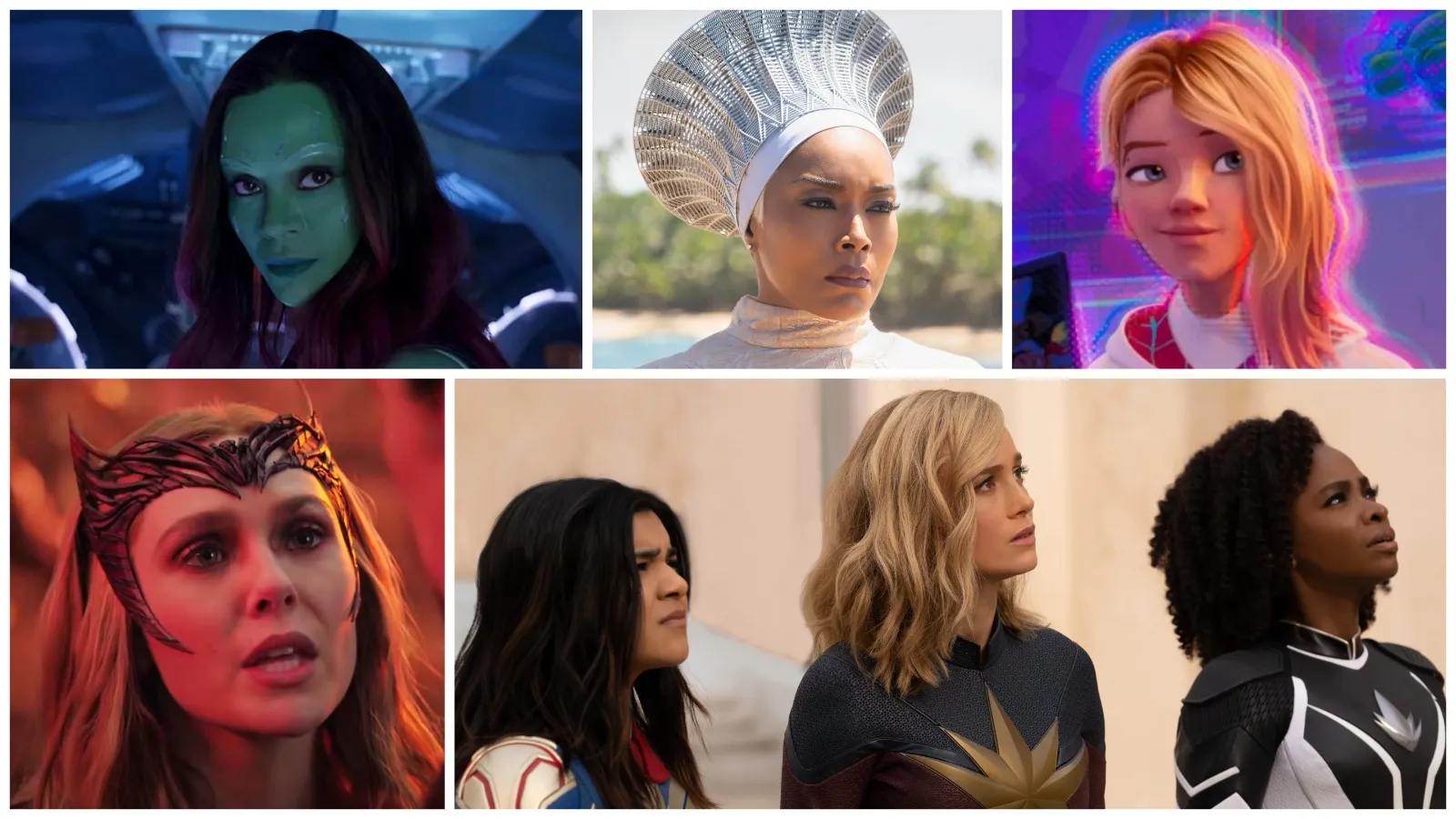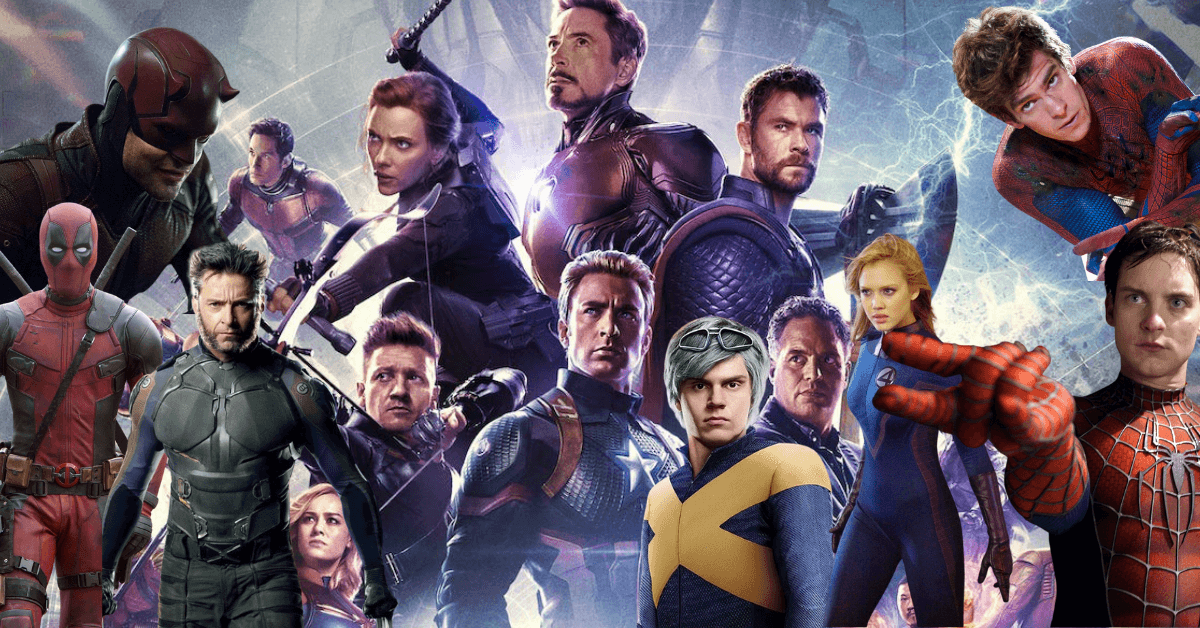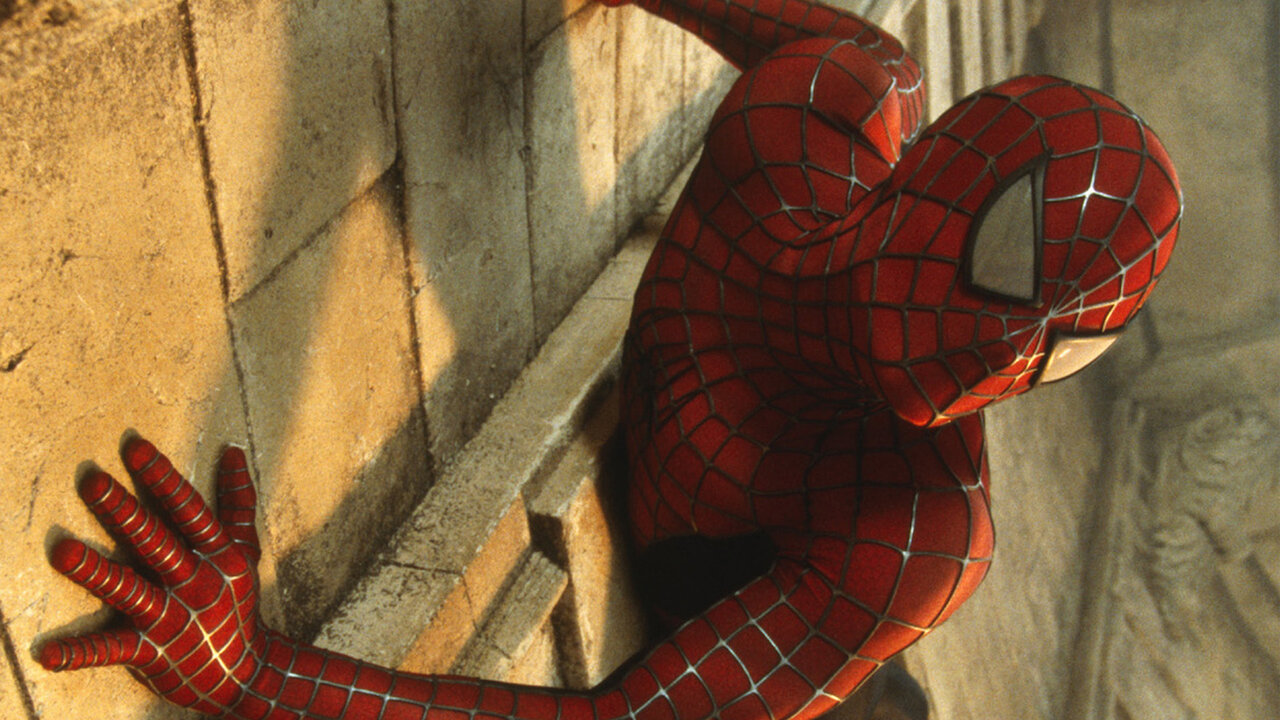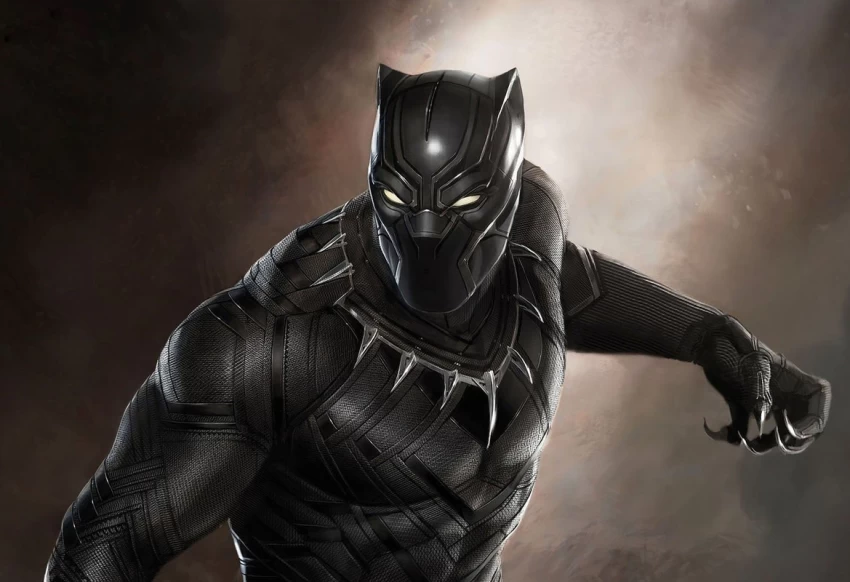The Marvel Cinematic Universe (MCU) has become a cultural juggernaut, captivating audiences with its sprawling narratives, dynamic characters, and awe-inspiring special effects. While superheroes have traditionally been portrayed as male figures—think of icons like Superman, Batman, and Spider-Man—the MCU has taken significant strides in breaking stereotypes by introducing robust and complex female superheroes who not only hold their own but also challenge the conventional narrative of heroism. From iconic warriors to brilliant scientists, the female superheroes in the MCU have created a new paradigm, offering representation, empowerment, and a fresh perspective on what it means to be a hero.
Early Representation and the Emergence of Black Widow
Including female superheroes in the MCU began with Iron Man 2 (2010), which introduced Natasha Romanoff, aka Black Widow, portrayed by Scarlett Johansson. While her debut in the MCU did not initially focus on her story arc, Natasha quickly became an integral part of the team, showcasing exceptional combat skills, intelligence, and emotional depth. She was not the stereotypical “damsel in distress” but a highly trained, deadly spy who could hold her own against the male Avengers.
Although Black Widow’s role in the MCU was groundbreaking in many ways, it wasn’t until Avengers: Endgame (2019) that her character arc reached its emotional climax. Natasha’s ultimate sacrifice underscored her evolution from a background character to one of the franchise’s most beloved and heroic figures. The character of Black Widow was a turning point for female superheroes in the MCU, proving that women could be both physically and emotionally compelling protagonists.
Captain Marvel: A Game-Changer for Female Empowerment
Another pivotal moment came with the release of Captain Marvel (2019), which introduced Carol Danvers, portrayed by Brie Larson. As one of the most powerful beings in the MCU, Captain Marvel shattered the notion that female superheroes were weaker or less important than their male counterparts. Carol Danvers is a fighter, not only in the literal sense but also in her relentless pursuit of justice and equality.
The film’s success was significant, representing a turning point for female-driven superhero narratives. Captain Marvel became an emblem of female empowerment, reinforcing that strength comes in many forms—not just physical strength but emotional resilience, intelligence, and leadership. The film’s emphasis on Carol’s journey to embracing her true power was a refreshing departure from the traditional superhero origin story, where male characters often experience their transformations as a way to save others. Captain Marvel’s story was about self-discovery and empowerment, a vital message for women and young girls who finally saw themselves reflected in a hero of such stature.
Shifting the Narrative with Valkyrie and Scarlet Witch
The MCU’s move toward more diverse female representation continued with the introduction of Valkyrie in Thor: Ragnarok (2017), played by Tessa Thompson. Valkyrie, a skilled warrior and leader, challenged the archetype of the demure, passive female character. She was tough, witty, and unafraid to take charge, proving that women could be leaders and warriors within the superhero genre. Her role in Avengers: Endgame also cemented her place as a central figure, showing that women could hold significant power and influence in the Marvel Universe.
Another standout is Wanda Maximoff, aka Scarlet Witch, portrayed by Elizabeth Olsen. Initially introduced as a secondary character in Avengers: Age of Ultron (2015), Wanda’s character arc evolved into one of MCU’s most complex and compelling. In WandaVision (2021), her journey through grief, trauma, and the consequences of her powers was explored in depth. Scarlet Witch’s abilities are some of the most powerful in the MCU, and her story highlights themes of loss, healing, and self-determination. Her character has become an icon, representing the potential for female superheroes to explore a wide range of emotional depth and narrative complexity.
The Future of Female Superheroes: Inclusivity and Representation
Looking ahead, the MCU continues to make strides in expanding the representation of female superheroes. Characters like Shuri, the brilliant inventor and sister of T’Challa in Black Panther, and Kate Bishop, introduced in Hawkeye (2021), represent a growing movement toward diversity and inclusivity in superhero storytelling. Shuri’s intelligence and innovation in Black Panther defy the stereotypical role of women in superhero narratives, positioning her as a leader in her own right. On the other hand, Kate Bishop embodies the idea that anyone—regardless of gender—can step into the role of a hero.
Additionally, upcoming projects such as Thor: Love and Thunder (2022), which features Natalie Portman’s Jane Foster taking on the mantle of Thor, and Ms. Marvel (2022), which introduces Kamala Khan, a Pakistani-American teen superhero, show that the MCU is committed to continuing its trend of representing diverse female voices.
Conclusion
The evolution of female superheroes in the MCU has been nothing short of transformative. These characters have broken down outdated stereotypes and provided a platform for women to be seen as powerful, multifaceted, and capable of carrying their narratives. From Black Widow to Captain Marvel, Valkyrie to Scarlet Witch, the MCU has paved the way for a new era of female superheroes not defined by their relationships with male characters but by their strengths, ambitions, and stories. The future of female superheroes in the MCU is brighter than ever, and as the franchise continues to grow, these iconic women will undoubtedly inspire generations to come.




